-

email us
lisa@simplewatersofteners.com
-

Call Us
(210) 960-2555
- Home > BLOG
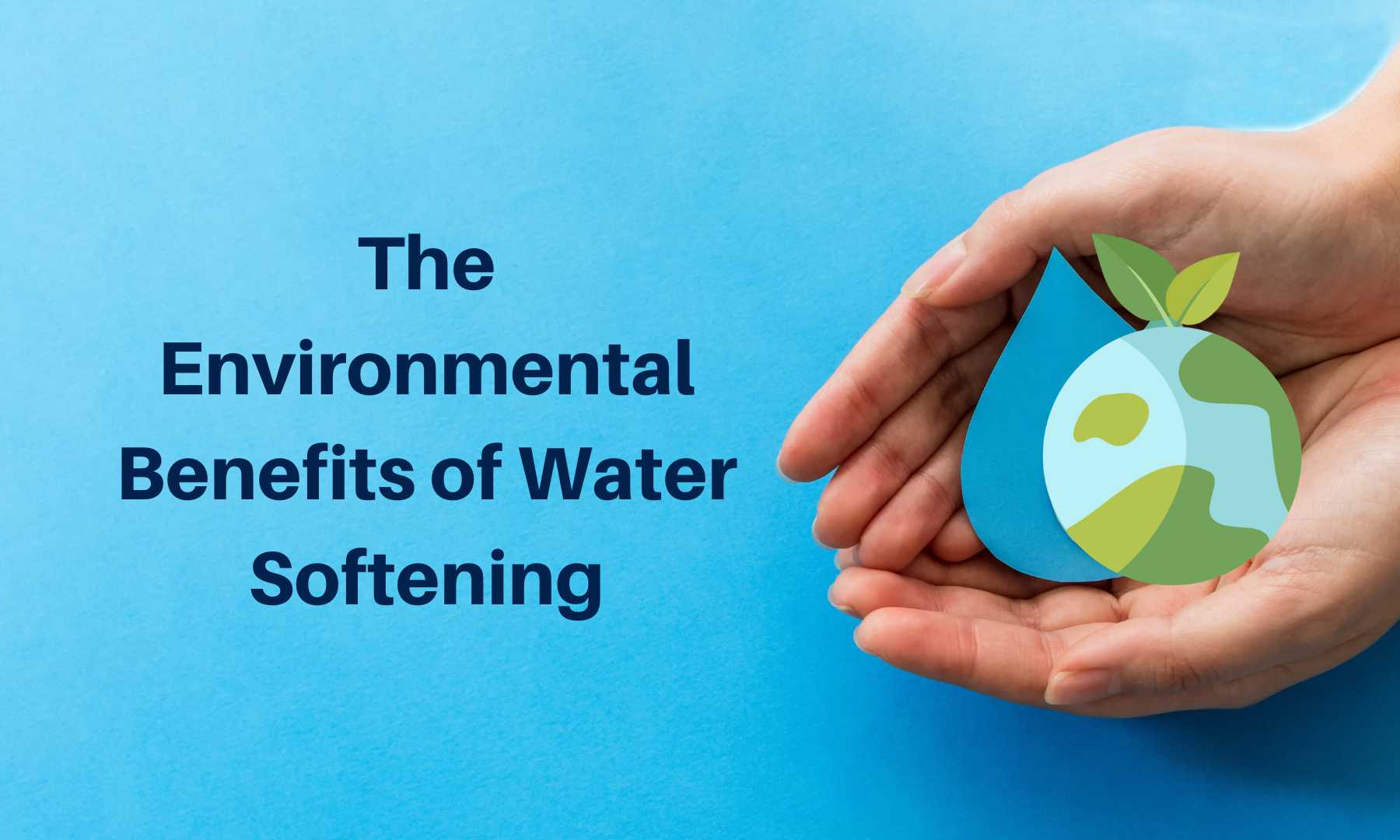
01 Nov. 2023
The Environmental Benefits of Water Softening
Water is our planet’s most precious resource, and conserving it in its purest form is crucial for our ecosystem. One aspect of water quality that’s often overlooked in environmental discussions is water hardness. Water softening, while primarily known for its household benefits, offers a significant range of ecological advantages. Here’s a deep dive into the environmental perks of employing water softeners.
- By:Lisa Bauer
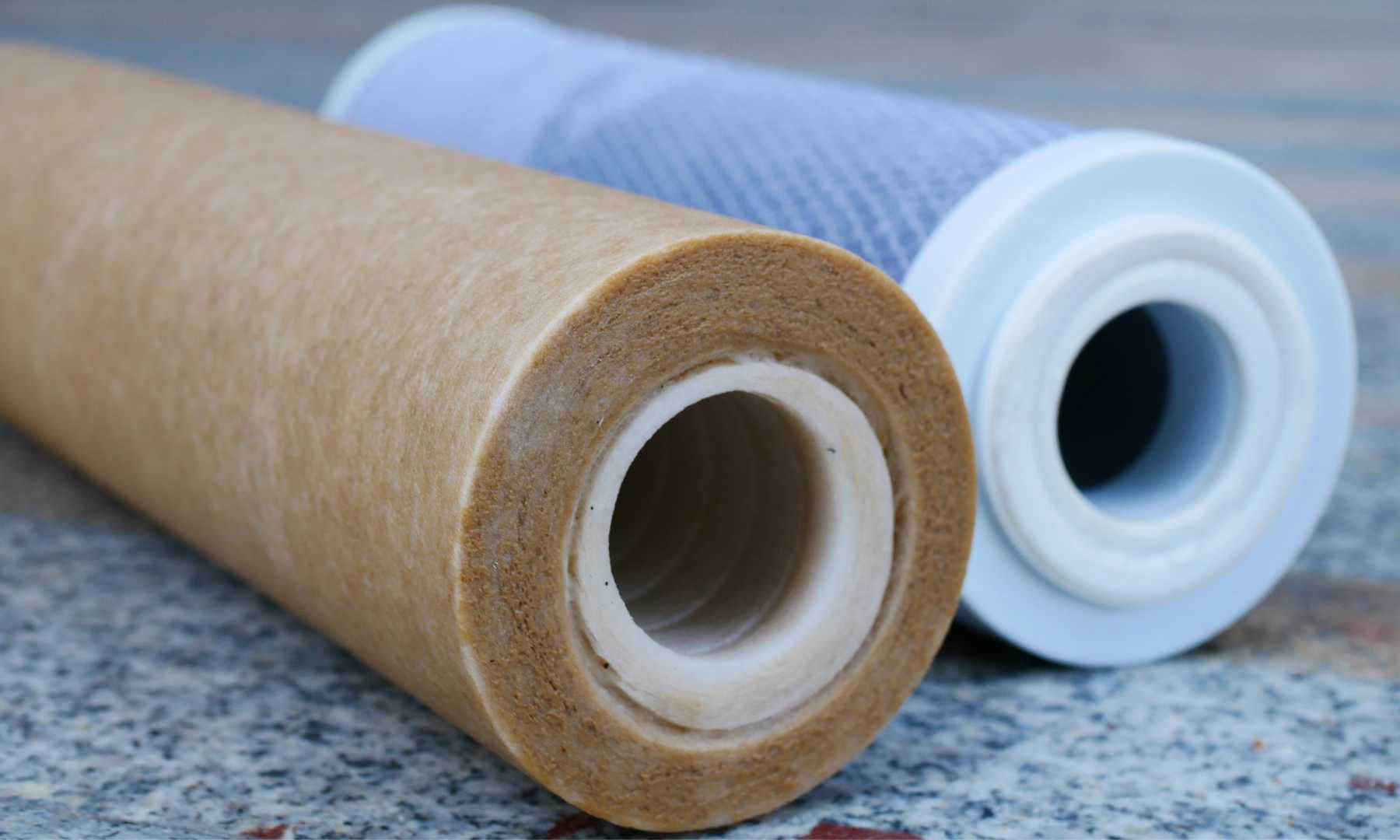
09 Oct. 2023
Optimizing Your Reverse Osmosis System for Better Water Output
Having a reverse osmosis (RO) system at home ensures that you receive clean and high-quality water. But if you notice a decline in water output, it might be due to a few common issues. Here are some steps to help you optimize the performance of your RO system:
- By:Lisa Bauer
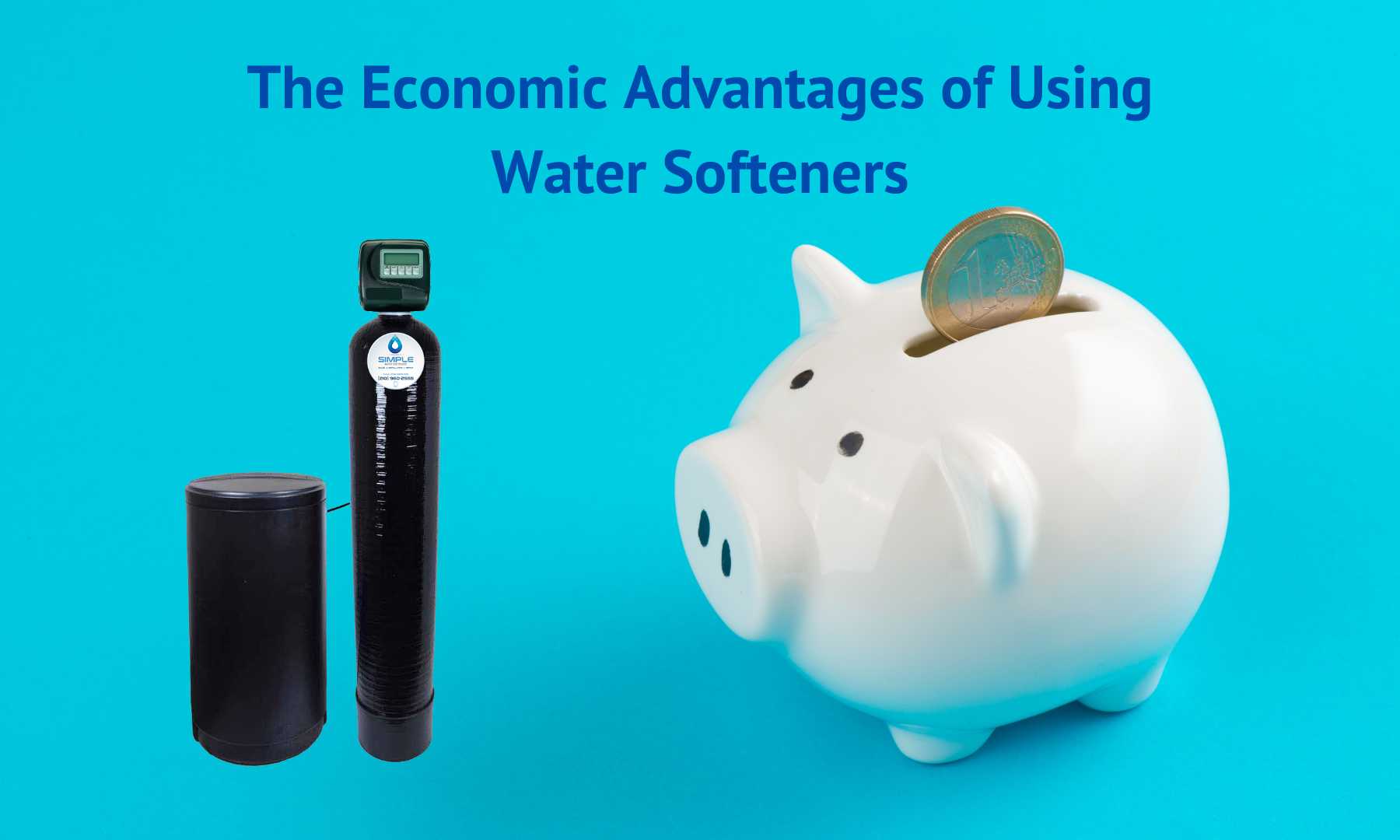
07 Sep. 2023
The Economic Advantages of Using Water Softeners
Water softeners are devices designed to remove hardness minerals, such as calcium and magnesium, from water. While many homeowners install water softeners to tackle issues like dry skin and spotted dishes, not everyone is aware of the substantial economic benefits of using these devices. Let’s dive deep into the monetary advantages of using water softeners:
- By:Lisa Bauer
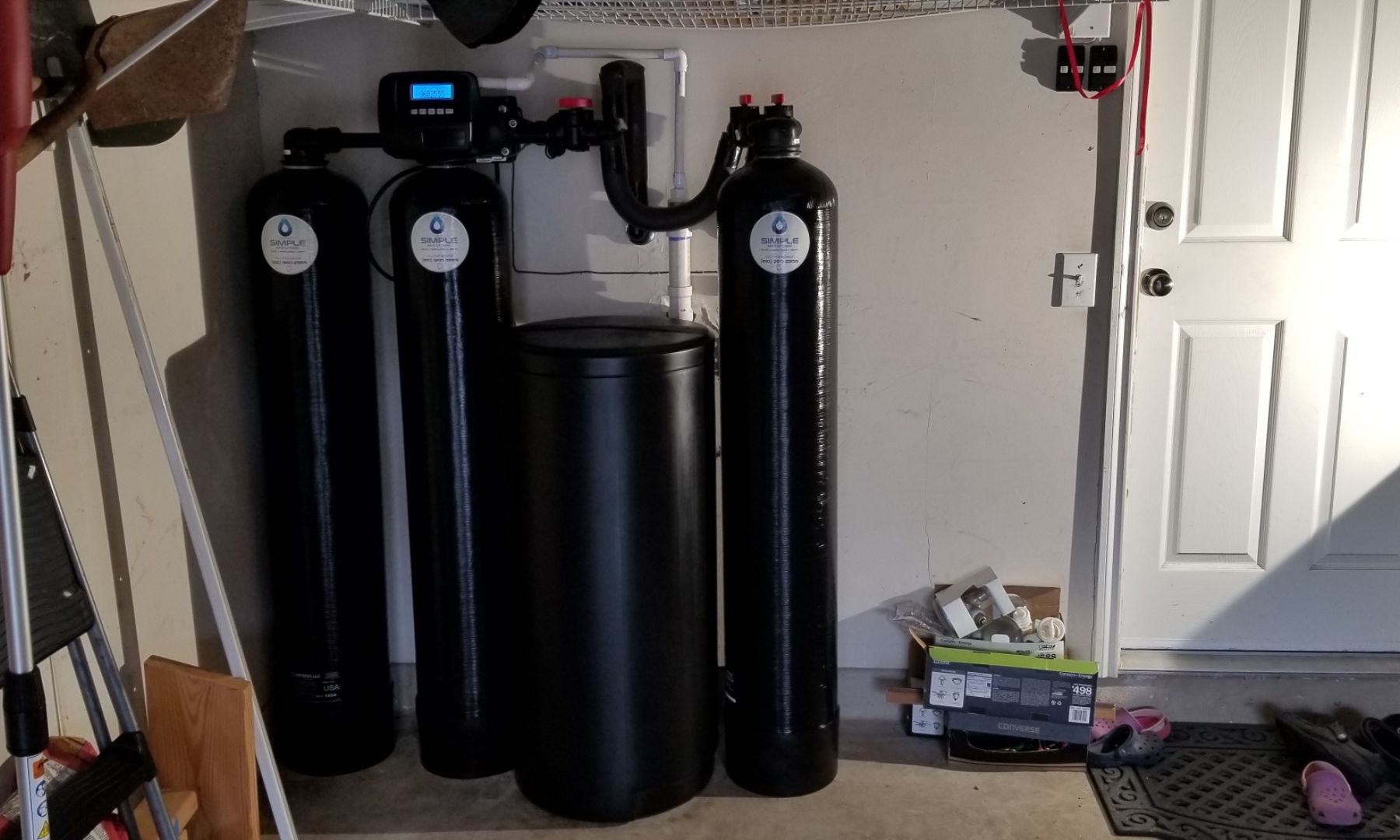
02 Aug. 2023
Whole House Carbon Filters: Enhancing Your Water Quality at Home
A whole house filter with carbon, commonly known as a carbon filter or activated carbon filter, is an effective and popular choice for water filtration in residential settings. Carbon filters work through a process called adsorption, where impurities and contaminants are trapped on the surface of the carbon material. This type of filter can remove a wide range of common water pollutants, making it beneficial for enhancing water quality and taste.
- By:Lisa Bauer
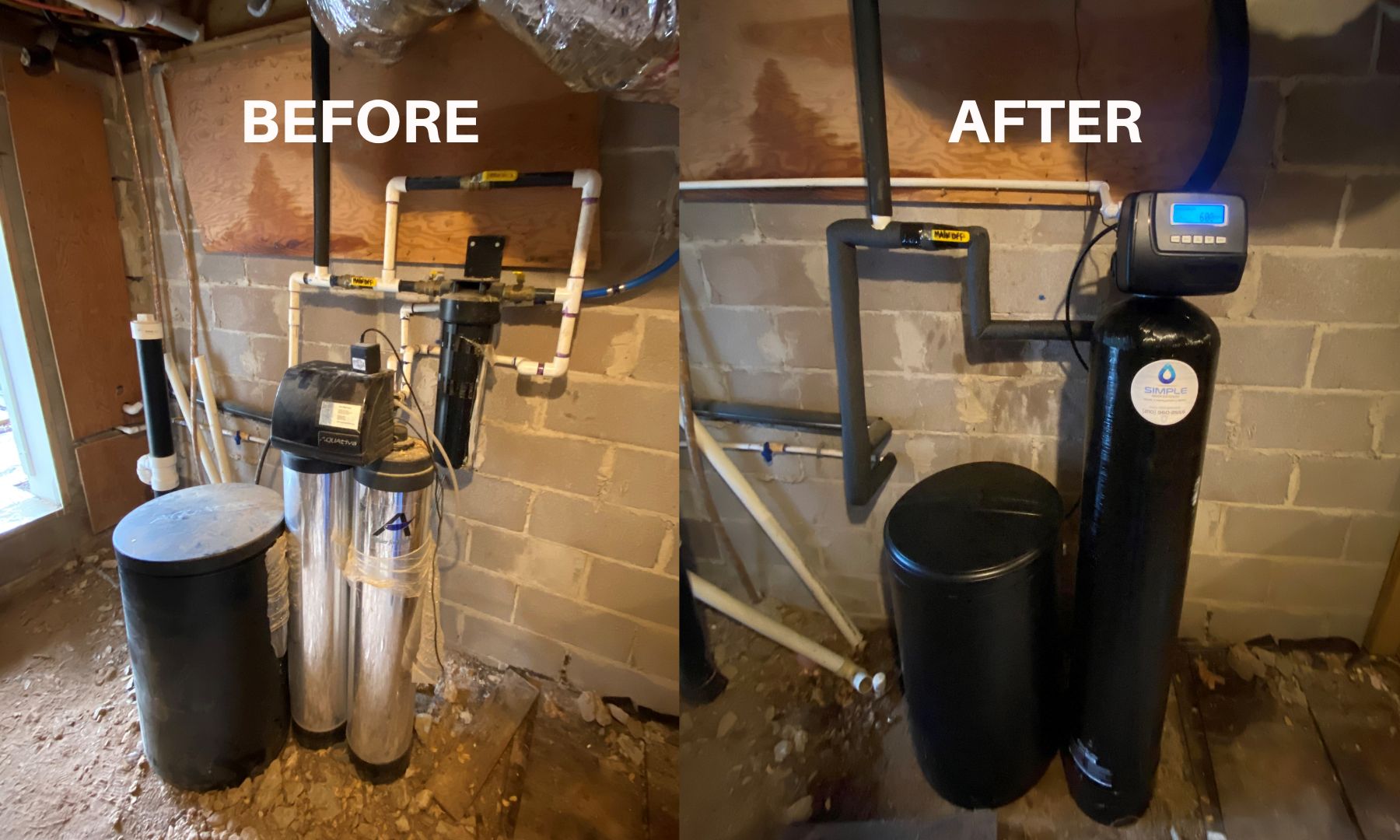
24 Jul. 2023
A Deep Dive into Simple Water Softeners: Unfiltered Reviews
Are you tired of dealing with the hard water problems in your home? It can be exasperating to find your appliances wearing out faster than expected, or your skin feeling dry and irritated after a shower. This is where Simple Water Softeners come into the picture. With their superior quality products and commitment to making water softening simple and accessible, they have managed to grab the attention of San Antonio and surrounding areas homeowners. In this blog post, we’ll provide detailed Simple Water Softeners reviews to help you make an informed choice for your home.
- By:Lisa Bauer
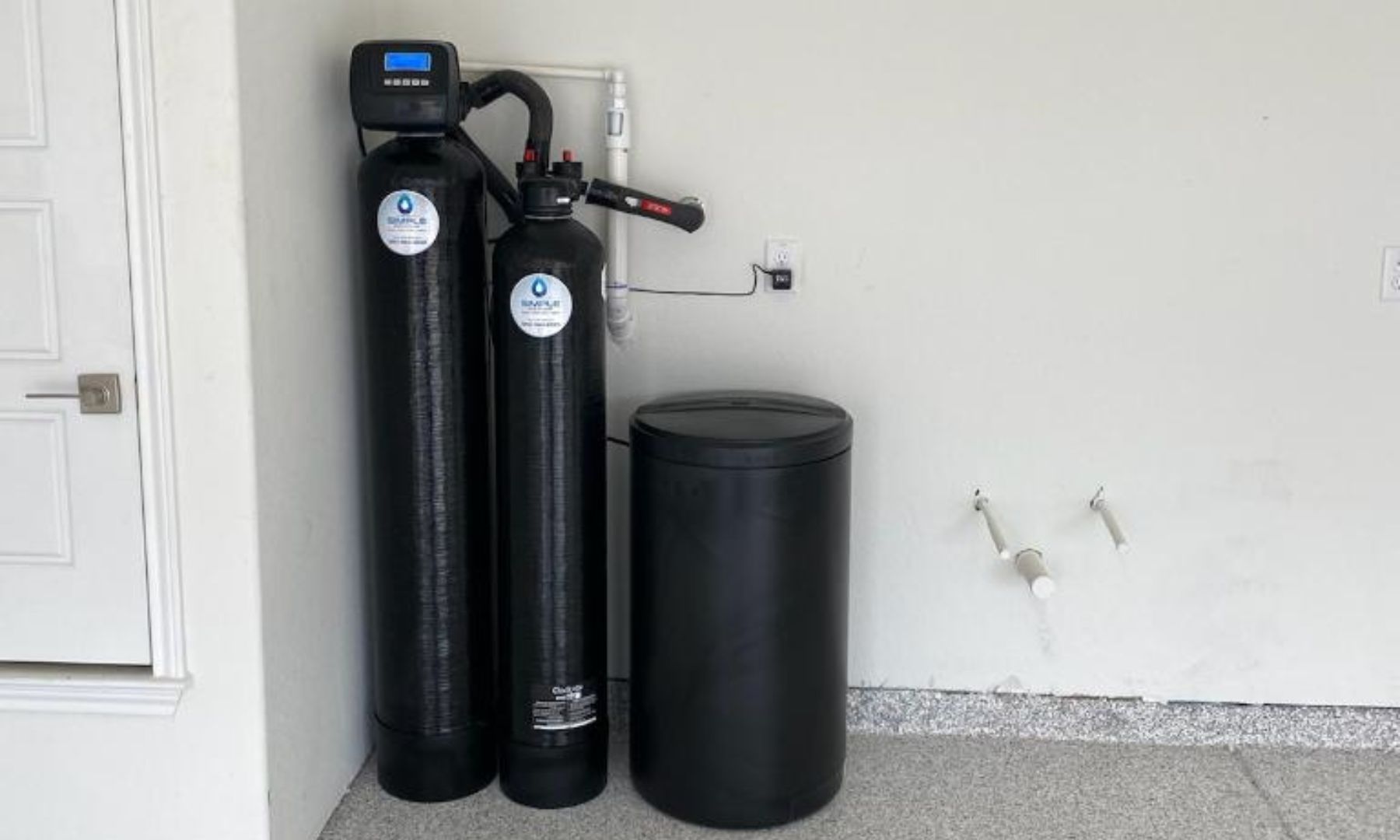
06 Jul. 2023
Brine Tank Maintenance: A Guide to Cleaning and Refilling for Optimal Water Softener Performance
Cleaning your brine tank is an essential maintenance task to ensure the smooth functioning of your water softener system. The brine tank is responsible for holding the salt necessary to regenerate the resin beads in the water softener.
- By:Lisa Bauer
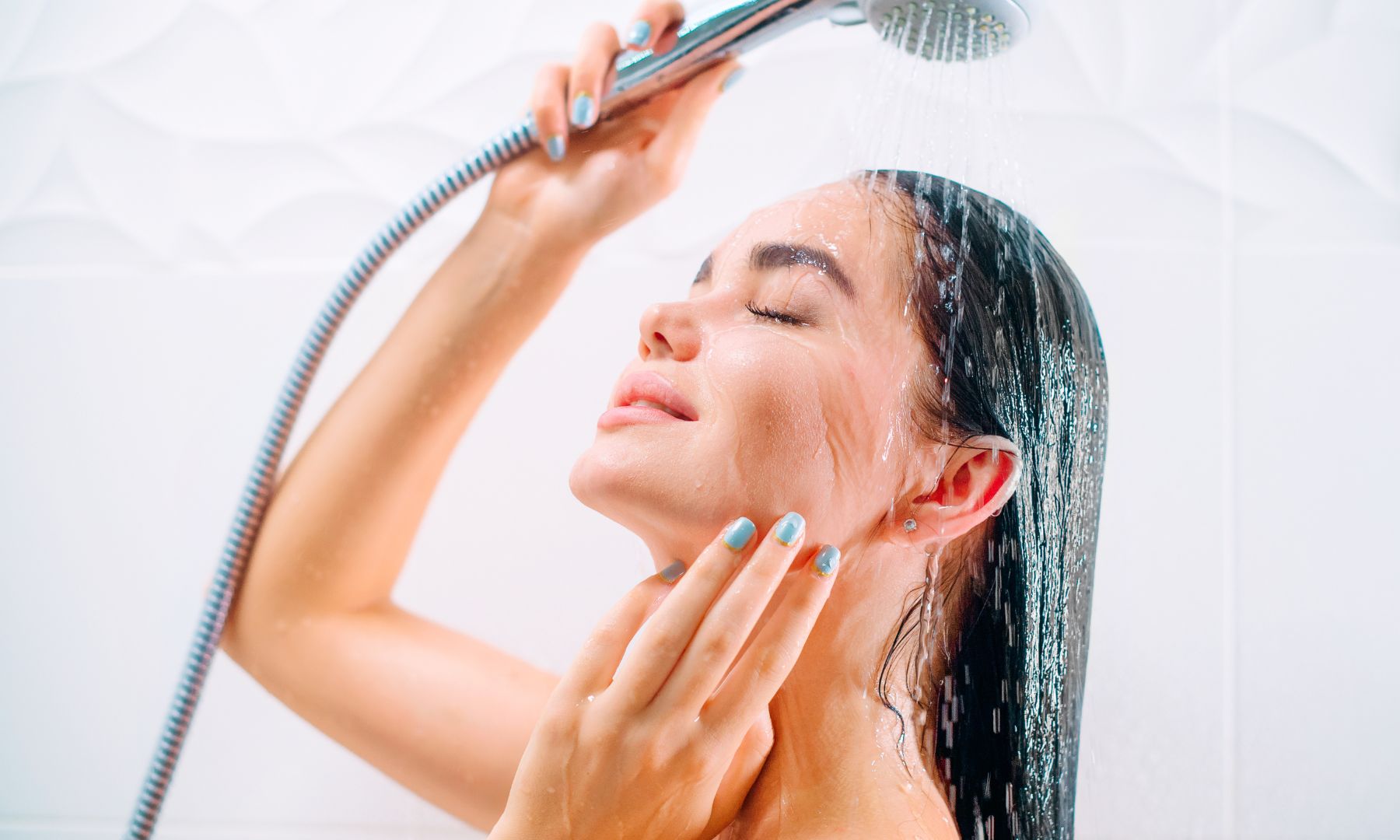
07 Jun. 2023
Water softeners help people in San Antonio with hard water problems.
Water softeners offer several benefits, especially in San Antonio and surrounding areas. We have some of the hardest water in the United States. Here are some of the advantages of using a water softener:
- By:Lisa Bauer
24 May. 2023
Unlocking the Science Behind Reverse Osmosis Filters: A Comprehensive Guide by Simple Water Softeners

Clean, pure water is essential for our health and well-being. Reverse osmosis (RO) filters are a popular and effective solution for removing contaminants and impurities from your water supply. In this blog post, we will delve into the science behind RO filters and how they work to provide you with clean, safe drinking water, inspired by the expertise of Simple Water Softeners.
- By:Lisa Bauer
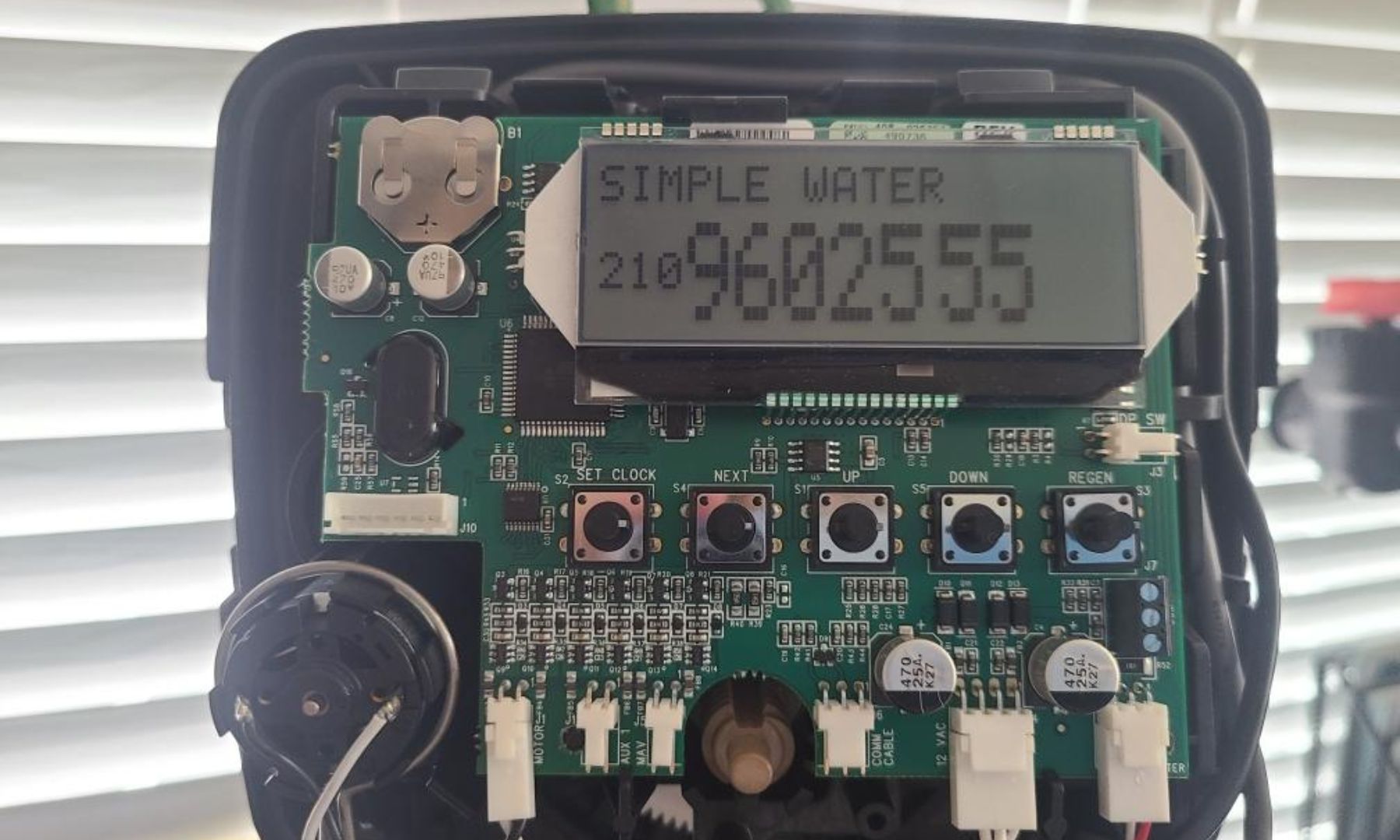
17 May. 2023
The Importance of Changing the Battery in Your Water Softener Valve: A Simple Guide by Simple Water Softeners
Maintaining your water softener system is crucial for ensuring optimal performance and prolonging its lifespan. One often overlooked, but essential aspect of maintenance is changing the battery in the water softener valve. In this blog post, we’ll discuss the importance of replacing the battery in your water softener valve, specifically the 2032 battery, every five years, and provide tips on how to do it.
- By:Lisa Bauer
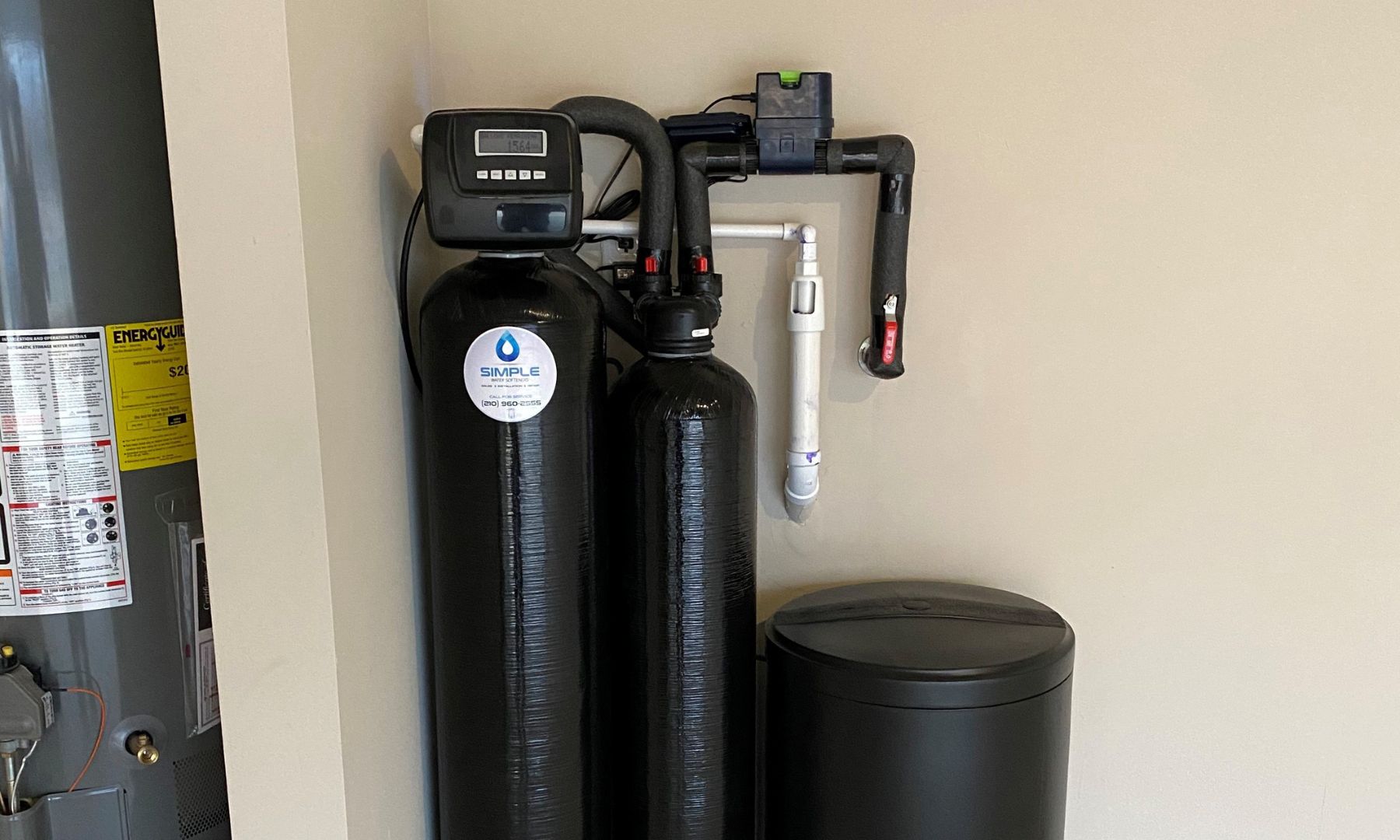
15 May. 2023
Invest in Your Home’s Future with Quality Water Softeners.
Ensuring Soft Water for Your Home: Why It Matters More Than You Think.
When it comes to investing in your new home, quality should be your top priority. You’ve likely put a lot of thought into appliances, furniture, and even the garage. But have you considered the impact of hard water on your home and possessions?
Meet the unsung hero of household appliances: the water softener. In this blog post, Lisa Bauer from Simple Water Softeners, explains the importance of having soft water in your home and how it can protect your valuable investments.
- By:Lisa Bauer
